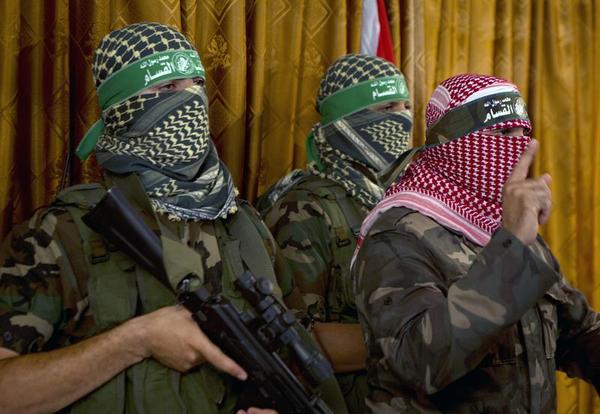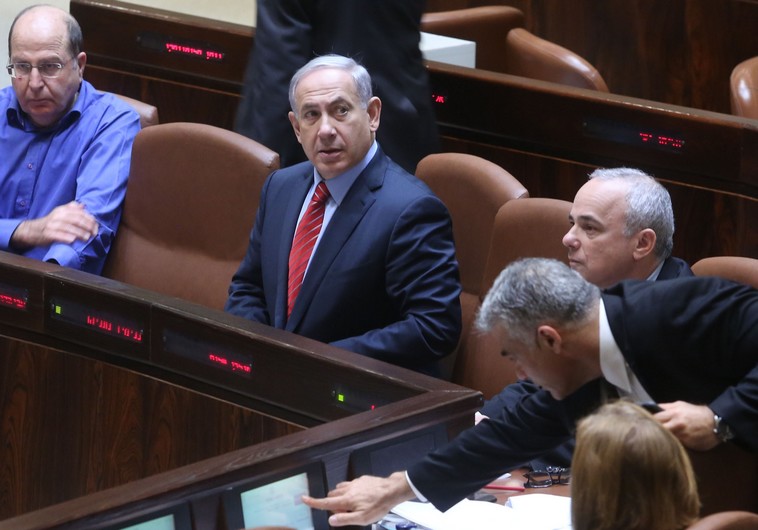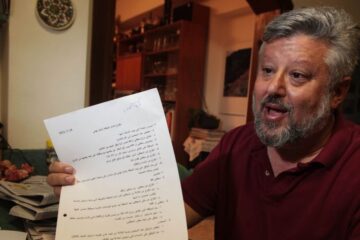There are a lot of absurdities in the rules of war. The entire concept of rules of war is bizarre. The aim of war is to defeat your enemy, to kill them and to destroy their property while defending your own people and their property. The International Committee of the Red Cross defines this concept as: “The rules of war, or international humanitarian law (as it is known formally) are a set of international rules that set out what can and cannot be done during an armed conflict. The main purpose of international humanitarian law is to maintain some humanity in armed conflicts, saving lives and reducing suffering… If the rules of war are broken, there are consequences. War crimes are documented and investigated by states and international courts. Individuals can be prosecuted for war crimes.”
On Saturday, Mohammed Shawkat Salameh, a 25-year-old from Salfit in the West Bank, stabbed 20-year-old Avraham Elmaliah, a haredi from Jerusalem. The event took place in front of the Damascus Gate of the Old City. Border Police – a man and a woman – immediately shot and wounded Salameh, who fell to the ground. Salameh was not dead and he was still moving, but from the video of the event published widely, it was clear that he was no longer a danger to anyone nearby. The Border Police could have secured him on the ground and medical personnel could have treated him once his knife would be taken from him. It was clear Salameh intended to kill Elmaliah as well as the Border Police officers, whom he also tried to stab before being shot.
There is a moral code in Judaism that states: hakam l’horgkha hashkem l’horgo – roughly translated means “kill or be killed.” If Salameh had been killed immediately by the Border Police by their first shots while fending him off from Elmaliah and protecting themselves and others from being stabbed, we would not have an issue at all with the rules of war or with the moral consequences of what followed. But once Salameh was wounded and on the ground, and clearly not wearing a vest of bombs, he was no longer a danger to the public. He could have been secured and treated medically, and if he would sustain the wounds, he would be brought to trial. But the officers shot him dead on the spot and essentially implemented a death sentence without trial.
There are two causes for concern in my view. One is the execution that took place in broad daylight, which was filmed and documented. The second issue is the justification and the heroizing of the officers, which took place after they implemented the death sentence. The public cheer and the media celebration of the “justified” execution is to me very disturbing.
Yes, Salameh intended to kill Jews in Jerusalem. As I said, if he was shot dead on the spot there would be no real moral concern (except trying to understand what brought him to commit the crime in the first place, which he had to know would probably be an act of suicide).
From the Palestinian point of view, the occupation itself is a crime and is a continuous act of violence against the Palestinian people. I share that opinion, but it does not in any way justify violence against innocent Israeli non-combatants. It is clear that in the opinion of the Israeli government and the Israeli public, a Palestinian who enters Israel to commit acts of terror has to know from the outset that they will be killed. That is part of the deterrence that Israel clearly wants to instill in the minds of any Palestinian who might be thinking about killing Israelis.
The war against terror is difficult and has many tragedies in its path. Palestinians have justification for fighting against the Israeli occupation and for their freedom and liberation. Killing Israeli civilians is not justified, and Israel has the right to defend itself. But it is also essential that in that defense Israel applies a moral code that has to be the international rules of law. Furthermore, it is essential to understand that as long as the occupation continues and the abuses of the occupation continue, there will be Palestinian resistance in many forms – violent and nonviolent.
We don’t know what brought a 25-year-old man from Salfit to enter Israel and to try to kill Israelis. His story might be deep hatred of Israel and of Jews. It may also be something much more benign – such as a fight with his family, or a lack of purpose in life, or a love story, or some other distorted notion of how he could bring fame to himself and his family, or even mental illness. We don’t know and we will probably never know.
Did he deserve to die? Perhaps. Those are the consequences of war. But he did not deserve to be executed without trial once he was down and injured. Israel has invented a new word in our war lexicon: “neutralized.”
Essentially Salameh was neutralized when he was first shot and wounded. But the term “neutralized” is now synonymous with executed, killed, eliminated. The laundering of words is a clear parallel to the laundering of morals and standards. There is no way of putting this otherwise – the execution of Mohammed Shawkat Salameh was a war crime.


